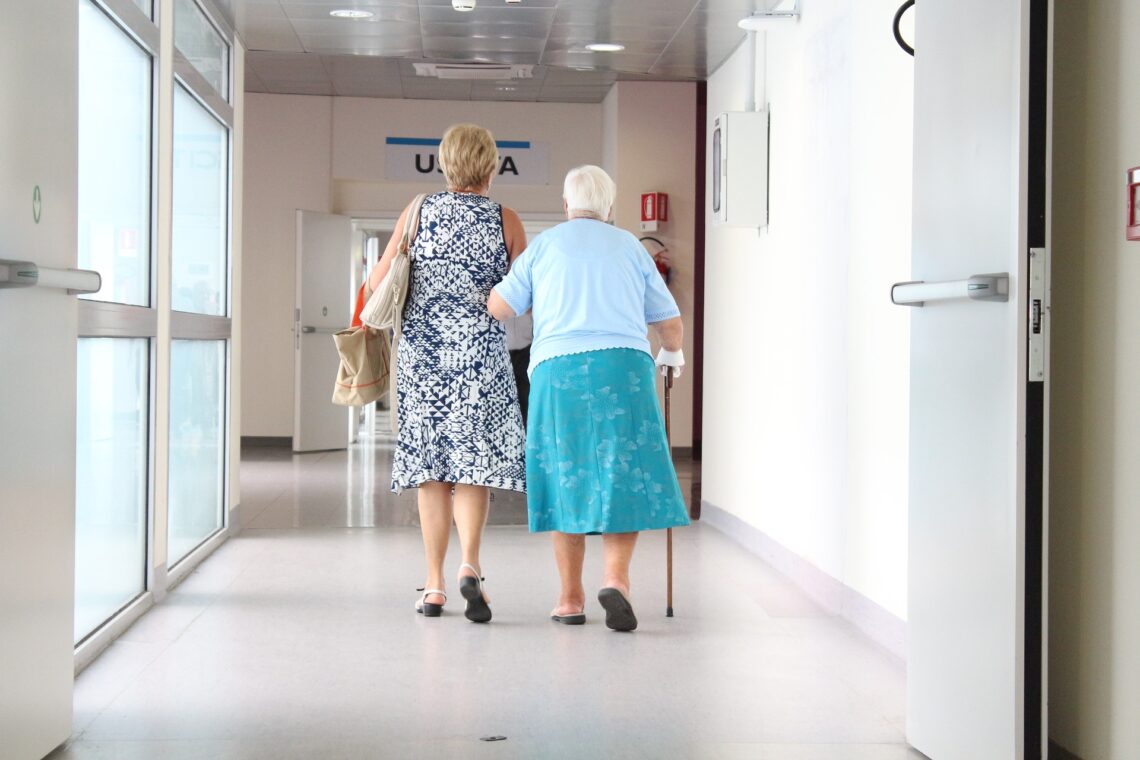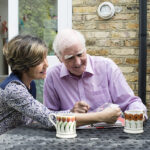Urinary Tract Infections in the Elderly
Anyone who has suffered with the burning agony of cystitis knows that urinary tract infections can be miserable, but in the elderly, they can be much more than a minor illness.
Urine infections are common, so we often dismiss them as an inconvenience, like the common cold. But in the elderly, a urinary tract infection can cause confusion, falls, kidney failure and even death.
That sounds frightening, but the good news is that there are ways to spot the signs of infection early and prevent the bacteria from taking hold.
What is a UTI?
Urinary tract infections or UTIs happen when bacteria proliferate in the bladder, the kidneys or the urethra, the tube that carries urine to the outside.
They can happen when bacteria from the back passage contaminate the urinary tract.
This is more likely if there are problems with using the toilet, and personal care, if the urine in the bladder is too concentrated or not flushed out regularly, and in people whose immunity is impaired.
If the infection is not promptly and properly treated, it can spread to the kidneys or the bloodstream, potentially causing kidney damage and life-threatening sepsis.
Why are the elderly at risk of UTIs?
As we get older, we become more prone to infections of the urinary tract
It’s partly because of general frailty, the increased incidence of conditions like diabetes and the use of catheters to drain the bladder, which all increase the vulnerability to infection. However, the danger can also be escalated by not emptying the bladder fully when urinating, due to weakness of the bladder muscles or enlargement of the prostate in men.
Infections can also take a hold if people become dehydrated due to poor mobility, problems with self-care, or anxiety about incontinence and getting to the bathroom.
What are the symptoms of a urine infection?
A urine infection has several classic signs, which include:
- Going to the toilet more often
- An urgent and sometimes uncontrollable urge to urinate
- Dark, cloudy or smelly urine
- Blood, or pink tinged urine
- Pain or burning when passing water
- Lower abdominal pain, or aching pain in the loins or back
- Fever, feeling hot and cold or getting shivery or shaky
However, in the elderly, these classic signs are often absent, so it can be easy to miss the infection.
Keep an eye out for:
- Falls: any urine infection can impair mobility, cause unsteadiness and increase the risk of trips and falls.
- Confusion: it can be so easy to confuse delirium and dementia, especially in someone who is already affected by Alzheimer’s disease. Delirium can be triggered by infection and comes on more quickly. Your loved one may be confused and disorientated, have rambling or incoherent speech, be agitated and emotional or suffer from abnormal beliefs or hallucinations. All too often, urinary tract infections in the elderly can be mistaken for early dementia.
- Incontinence: Dementia, disease and practical problems in getting to the bathroom, can all cause continence issues. However, the possibility of an infection should always be considered.
Prevention is better than cure
How to help protect your loved one from UTIs:
- Keep them hydrated: many elderly people don’t drink enough because they’re worried about getting to the bathroom. But dehydration can irritate the bladder and increase the risk of infection and incontinence. Plenty of fluids will ensure the bladder is flushed regularly.
- See the doctor: if your loved one is having to get up frequently at night to go to the toilet, if they’re experiencing problems with the flow or control of their urine, then make an appointment with their GP. Prostate enlargement, muscle weakness and other conditions can be excluded or treated, to decrease the risk of infections.
- Make life easier: mobility problems and arthritis can make it tricky to get to the bathroom, to undress and to wipe afterwards. Think about getting a helping hand from a home carer, who will sensitively assist and ensure they get the fluids they need. Alternatively, consider rails or commodes, so that using the toilet is less of a struggle.
If you’re worried about a deterioration in your loved one’s health, wellbeing and mental or physical function, don’t simply assume it’s a result of their age or other conditions
See the doctor and ask for a urine sample to be checked to exclude a UTI, the quicker it is diagnosed, the quicker they can get the antibiotic treatment they need, so that they can get back to normal.



